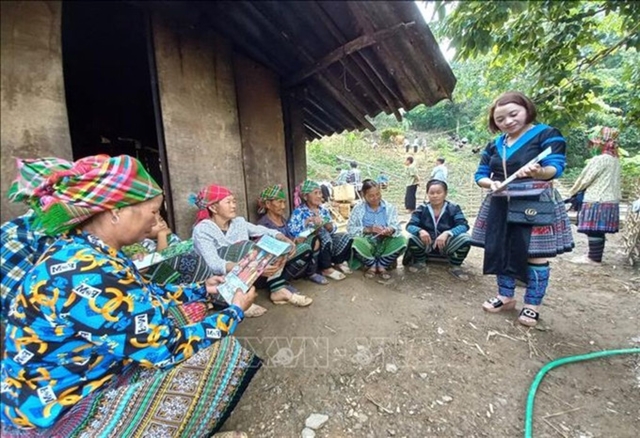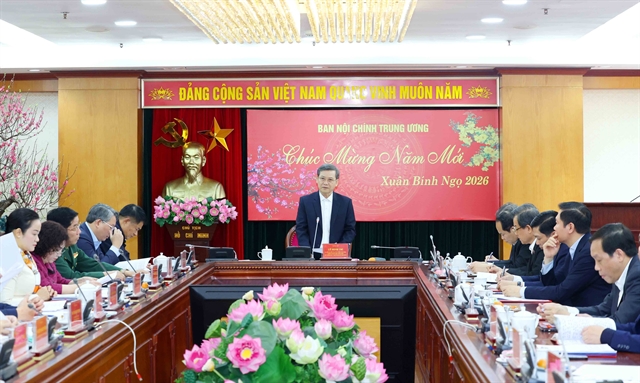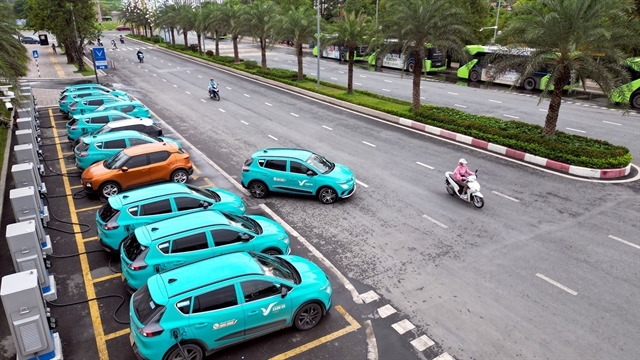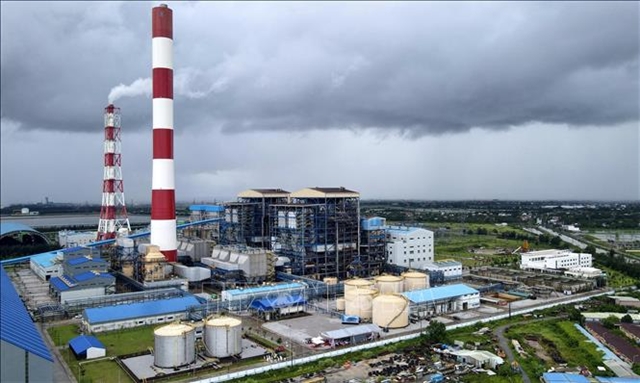 Environment
Environment
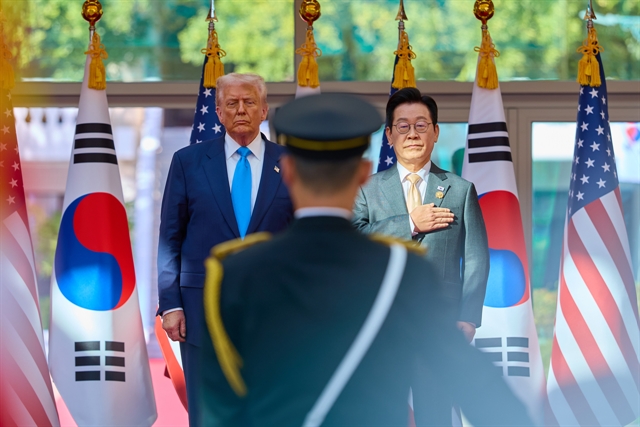
Intellectual property rights are the centre of all efforts to create a green future, Đinh Hữu Phi, director-general of the Intellectual Property Office of Việt Nam, tells Lao Động (Labour) newspaper

|
| Đinh Hữu Phí. Director General of the Intellectual Property Office of Việt Nam |
Intellectual property rights are the centre of all efforts to create a green future, Đinh Hữu Phi, director-general of the Intellectual Property Office of Việt Nam, tells Việt Nam Government Portal.
How do you asses the development of intellectual property rights in Việt Nam?
We live in an era in which science and technology have developed very quickly. All countries have acknowledged that intellectual property rights are a product and important to promote the rapid development of science and technology as well as the market economy in their own countries and internationally. A key objective of protecting intellectual property rights for all organisations, individuals and nations is to encourage more activities focusing on innovation and the protection of achievements in culture and arts for the development of society.
Trademarks, designs and such are key factors deciding the strengths of a company in a competitive market – be it in the domestic and international markets.
Can you tell us some of the activities the Intellectual Property Office of Việt Nam has done to promote the green economy?
To enhance the role of the intellectual property rights in national economic development, recently, Prime Miniter Nguyễn Xuân Phúc issued a National Strategy for Intellectual Property towards 2030 with a hope that in the next 10 years Việt Nam will achieve its goal of sustainable development – an important foundation for achieving a green future for the upcoming generations.
More recently the National Development Programme has been implemented in all 63 provinces and cities nationwide and brought many positive results, in both the agricultural and industrial sectors.
Project on Technology and Innovation Support Centres (TISC) and IP-Hub network have also been developed to foster technology transfer in universities and research institutes. The project has organised many training courses on writing and submitting patents.
Currently, there are about 60 research institutes and universities participating in the network.
Will you please explain more about the protection of intellectual property rights in the context of Industry 4.0?
In 2016, more than 5,000 patent applications relating to the Internet of Thing (IoT) were submitted to the European Patent Office – an increase of 54 per cent in the three years, from 2014-2016. This is a strong indication that there will be an acceleration of new patents in information technology to accompany the development of new materials and innovation created by AI.
What’s more important in my opinion is that Vietnamese policies should facilitate the development of science and technology and innovation, promote the commercialisation of IPs so that they could contribute to the socio-economic development of Việt Nam.
Due attention should be paid to the capacity building of the IP offices in the processing of applications for registration of new innovation, and promoting cooperation on the protection and enforcement of IP rights on a regional and global scale, because many IP issues have moved beyond the borders of a single country and cannot be handled by any individual one.
In addition, the enforcement of IP rights in the digital environment will become more difficult, so policies need to be further scrutinised so as not to hinder the development of science and technology, while ensuring that security, confidentiality and intellectual property rights are adequately protected.
Enterprises should exercise its leading role in creating and exploiting intellectual properties. To bridge the gap from research to practical applications, businesses need to proactively and actively accompany universities and research institutes to create products and technologies that solve practical problems of Việt Nam, especially ones having to do with the environment or sustainable development.
Another important issue is the need to increase information campaigns to raise the awareness of respecting IP rights, encourage consumers to support clean products and services. — VNS

